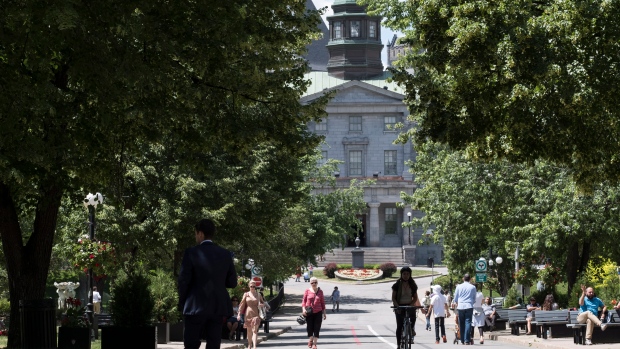
AT the core of food security is not only the need to provide sufficient, safe and nutritious food to fill empty stomachs but also to avoid malnutrition and diet-related non-communicable diseases (NCDs). Sustainable agriculture practices can support this goal by encouraging the optimal use of resources and by preserving the ecosystem.
Unfortunately, many cultivation practices and extreme weather conditions have combined to disrupt food systems around the globe. This is the source of surging nutritional deficiencies and diet-related NCDs. Agriculture affects food security and malnutrition in a variety of ways; a quality crop with high yield is affordable, nutritious and available. It also provides more micronutrients hence there’s less chance of developing deficiencies.
According to the World Food Programme, in 2023, about 345 million people around the globe face acute levels of food insecurity, with 783m experiencing extreme hunger due to wars, low economic growth, climate shocks and high fertiliser prices. Globally, every third person is malnourished — a figure predicted to reach one in two by 2025. Currently, 151m children are underweight and 38m children who are overweight have a greater chance of developing NCDs later in life, including cardiovascular disease, hypertension, diabetes, cancer, etc. Pakistan is the fifth most densely inhabited country carrying the burden of NCDs which continues to rise and is accountable for 58 per cent of all deaths.
The SDGs 2030 and the UN Decade of Action on Nutrition (2016-2025) have advocated food and health privileges by remodelling the food system to eradicate all forms of malnourishment, a prominent cause of diet-related NCDs. That can be achieved by adopting a sustainable agriculture system, better species of seeds, sensible fertilisation, and the more efficient use of nitrogen, phosphorus, and potassium fertilisers, as well as the use of organic fertilisers, to improve crop production and quality, while reducing soil PH and increasing the availability of iron and zinc in the soil and grain. Modern biotechnology (crop bio-fortification with iron and zinc which are vital for immunity) can also be used to increase the bioavailability of these nutrients in staple crops.
Globally, every third person is malnourished.
Plant growth and production depend on soil nutrients which produce 95pc of food, affecting nutrient composition and its availability to the body. To increase yield, chemical sprays, pesticides and antibiotics are used in large quantities. Unfortunately, these also kill useful pests and negatively impact soil health and nutrients. It is estimated that 200,000 deaths annually are associated with the faulty application of pesticides, mostly in developing countries due to poor awareness.
Besides ignoring the social and economic dimensions, environmental factors are not considered in conventional farming, affecting food sustainability and productivity. Recurrent planting of the same crops, extreme use of fossil fuels, chemical fertilisers, pesticides, and the excessive use of water and energy resources increase the cost and decrease the nutrients, and are hostile to the environment. Meanwhile, the excessive use of fertilisers can pollute underground water, including drinking water resources.
For encouraging a sustainable approach in farming, regenerative agriculture has appeared as a significant alternative. Practices such as restoring soil health by growing cover crops (crops grown closely to give protective cover to the soil), rotational crops and composting will help restore fertility and enhance nutrient availability.
Climate change is another global health threat. Alterations in temperatures, changes in rainfall patterns and storm and drought conditions affect crop quality and quantity. Regenerative agriculture contributes to climate change adaptation and reduces GHG emissions and conserves water resources. It is also useful for biodiversity conservation.
Agricultural attainments need to be promoted in view of human health and safety. Unfortunately, policymaking is often conducted in silos so that there are implementation gaps between farming practices and the health sector. It is imperative to focus on the cultivation of nutrient-dense crops rather than the quantity of yield. Public-private partnerships and incentives can promote agro-ecology research, while the agriculture and health administrations should work closely and realise that farming practices are directly associated with health and nutrition. An adaptive management attitude is required to work on regenerative and sustainable agriculture practices to restore and nurture the health of the soil, and protect the environment and resources, while increasing crop nutrients to avoid deficiencies and disease.
The writer is editor of Scientific Investigation and Global Network of Scientists (SIGNS).
Published in Dawn, November 7th, 2023



